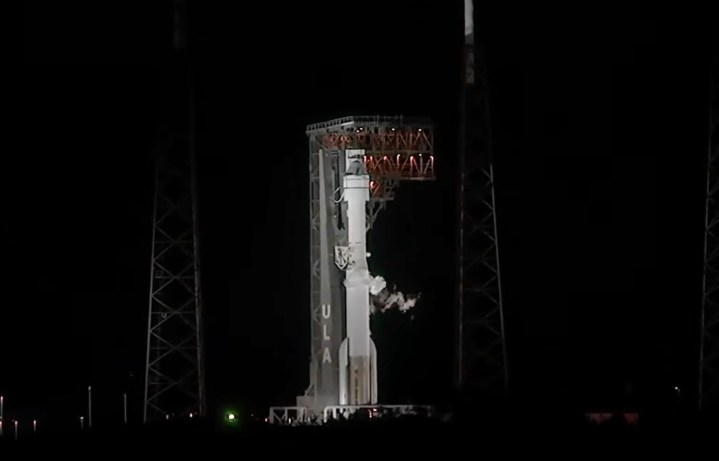
A technical issue has forced NASA engineers to call off Monday’s launch of the Starliner spacecraft.
The decision to scrub the launch from the Kennedy Space Center in Florida came just two hours before the ULA’s Atlas V rocket was due to lift off at 10:34 p.m. ET, and just minutes after NASA astronauts Butch Wilmore and Suni Williams had been strapped into their seats inside the Starliner spacecraft.
Details are still coming through about the decision to stop the countdown clock, but commentators on NASA’s official live stream said it was due to an issue with an oxygen relief valve on Centaur, the second stage of the Atlas V rocket.
“This decision was not made lightly and was done out of an abundance of caution,” a NASA official said shortly after the decision was announced.
NASA chief Bill Nelson reiterated the remarks, saying in a post on social media that the “first priority is safety.”
Standing down on tonight’s attempt to launch #Starliner. As I’ve said before, @NASA’s first priority is safety. We go when we’re ready. https://t.co/KIasomZG66
— Bill Nelson (@SenBillNelson) May 7, 2024
The scrub is a big disappointment for the crew and launch team, though once the issue has been resolved, a new date for liftoff should be able to be arranged without too much delay. Commentators on the live stream suggested that another launch attempt could be made even as early as tomorrow.
Considering the large number of issues with the Starliner during its multiyear development, it will come as a relief for Boeing that Monday night’s problem has nothing to do with its spacecraft. Now its down to ULA engineers to investigate the issue with the Centaur stage of the Atlas V rocket and to fix it so that the launch team can make another go of it.
Editors' Recommendations
- First crewed test flight of Boeing Starliner delayed again, with no new launch date set
- First crewed flight of Boeing’s Starliner spacecraft delayed again
- First crewed launch of Boeing Starliner rescheduled to later this week
- Starliner astronauts arrive at launchpad for first crewed flight tonight
- First crewed Starliner test needs good weather for launch. Here’s the forecast


